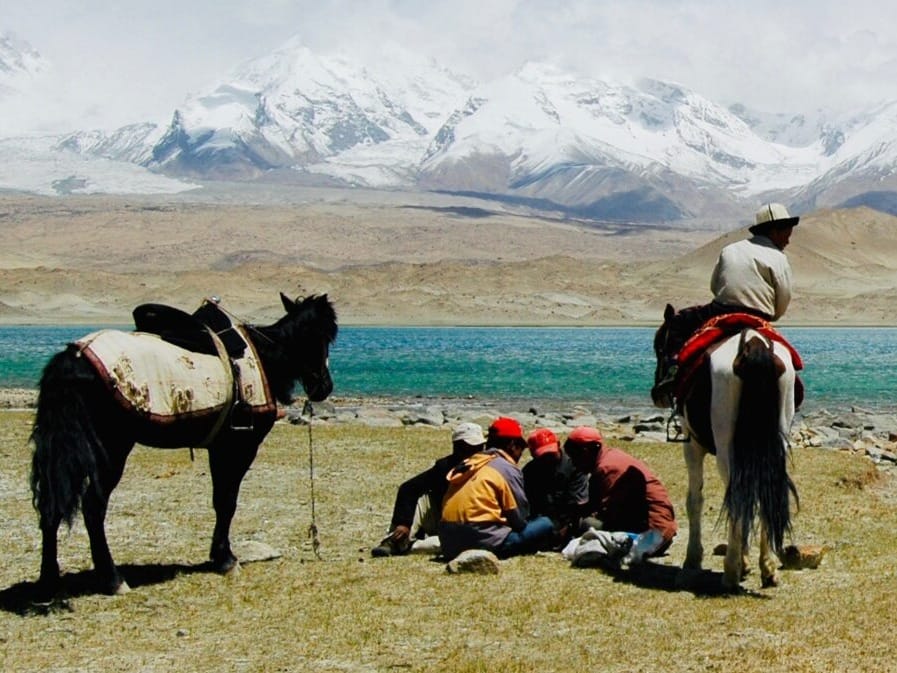GENEVA (AN) — China lashed back after 22 nations from the Asian Pacific region, Europe and North America delivered the first international condemnation of Beijing's crackdown on more than 1 million ethnic Uyghurs in Xinjiang Province.
The condemnation was delivered as a collective letter to the president of the United Nations Human Rights Council from Australia, Canada, Iceland, Japan and New Zealand, along with 17 European nations, mostly from the European Union. In the letter, the nations urged China to cease detention of the Muslim Uyghurs in detention centers.









